Cooking oils are a staple in many kitchens, but some oils, when used frequently or in large amounts, can contribute to poor health due to their high levels of trans fats, saturated fats, or harmful chemical processing. Understanding the potential downsides of certain oils is important for making healthier choices in the kitchen. Below are 15 common cooking oils that can be damaging to your health and why you might want to limit or avoid them.
Contents
Vegetable Oil
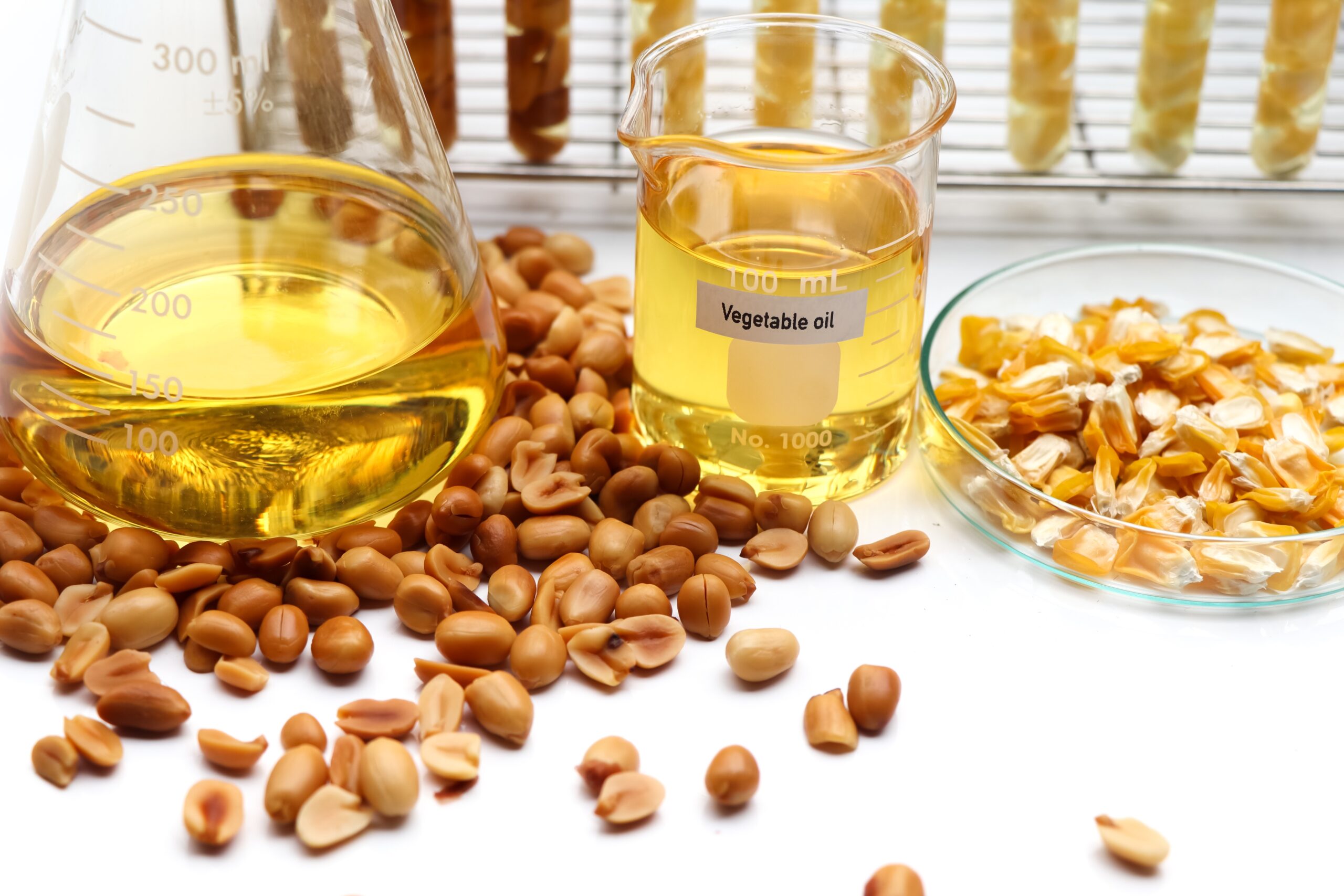
Vegetable oil is often marketed as a heart-healthy option, but its high level of omega-6 fatty acids can cause inflammation when consumed in excess. Most vegetable oils are heavily processed, which strips them of beneficial nutrients and often leads to the creation of trans fats. These oils are typically made from a blend of various seeds and plants, making it difficult to determine the exact makeup. When used in high-heat cooking, they can break down and produce harmful compounds. Overconsumption of vegetable oil has been linked to an increased risk of heart disease, obesity, and other chronic conditions.
Canola Oil

Although canola oil is frequently recommended as a healthier alternative, it’s often heavily refined and chemically processed. The refining process removes many of the beneficial nutrients and adds unhealthy trans fats. Canola oil is also made from genetically modified crops, raising concerns about its long-term impact on health. When used in cooking, especially at high temperatures, it can oxidize and release free radicals, which are harmful to cells. Regular consumption of canola oil has been associated with inflammation and an increased risk of cardiovascular disease.
Corn Oil
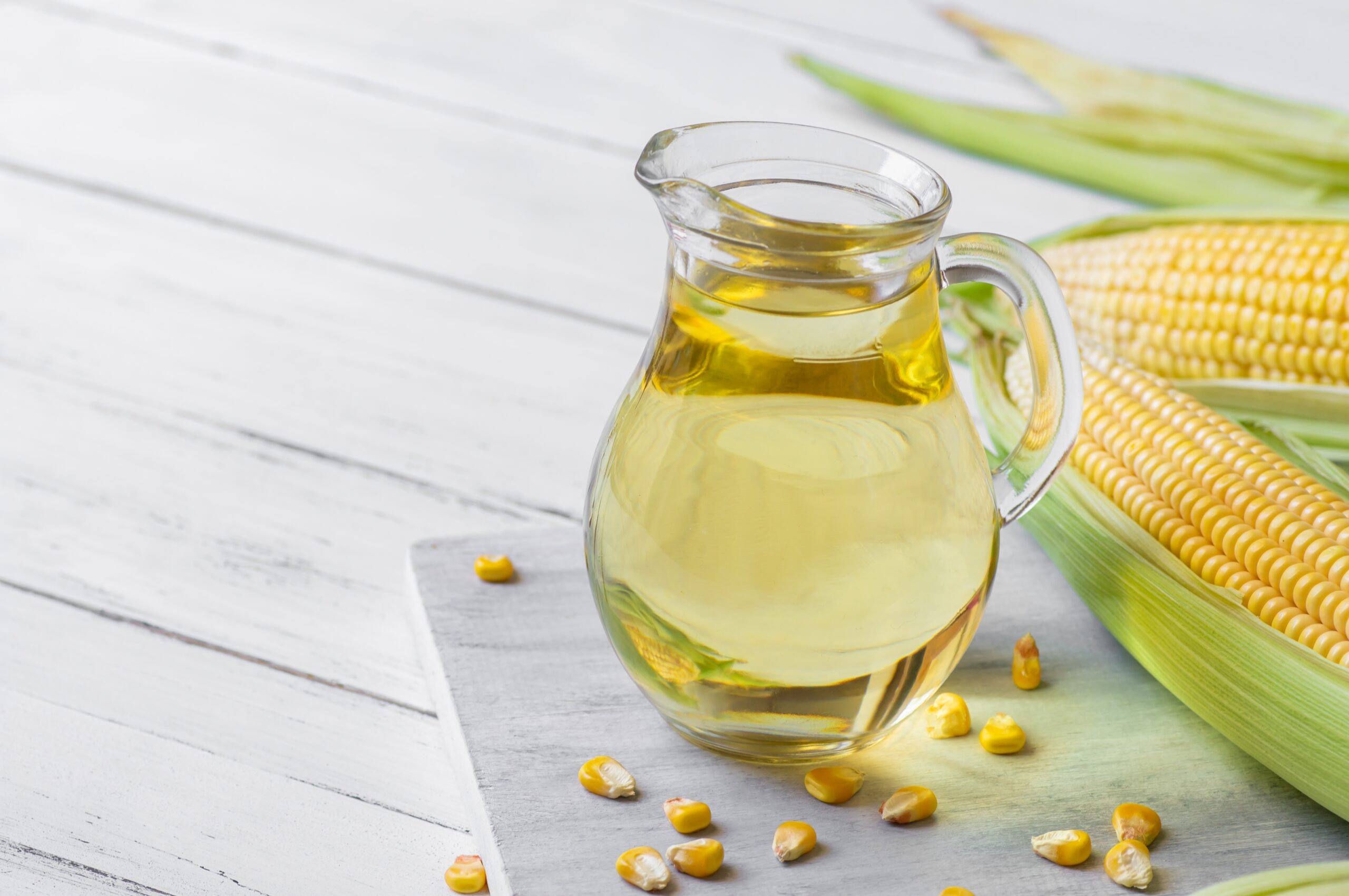
Corn oil is another oil commonly found in households, but it’s far from a healthy option. It contains a high amount of omega-6 fatty acids, which can lead to an imbalance in the body’s fatty acid ratio, promoting inflammation. Corn oil is usually extracted using chemical solvents, which can leave behind harmful residues. Its high smoke point may seem advantageous for cooking, but it still breaks down into toxic compounds at high heat. Additionally, much of the corn used for oil production is genetically modified, adding another layer of health concern.
Soybean Oil
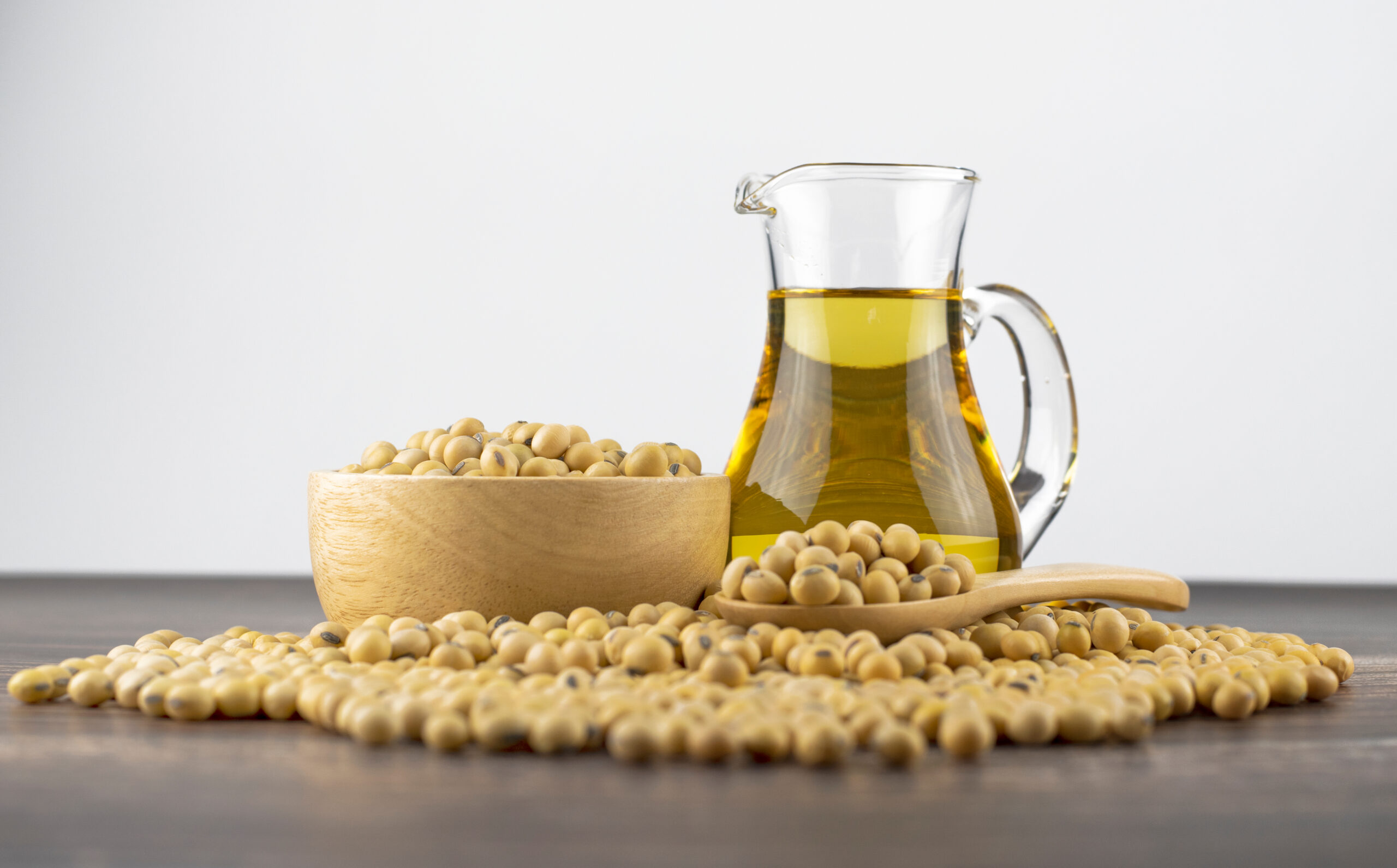
Soybean oil is one of the most widely used cooking oils in processed foods, but it’s not without risks. High in omega-6 fatty acids, it can promote inflammation if consumed in excess. Most soybean oil is highly processed and hydrogenated, which increases its trans fat content and makes it more harmful. Regular consumption has been linked to an increased risk of obesity, insulin resistance, and fatty liver disease. Moreover, because soybeans are often genetically modified, soybean oil may pose additional risks due to pesticide exposure.
Palm Oil
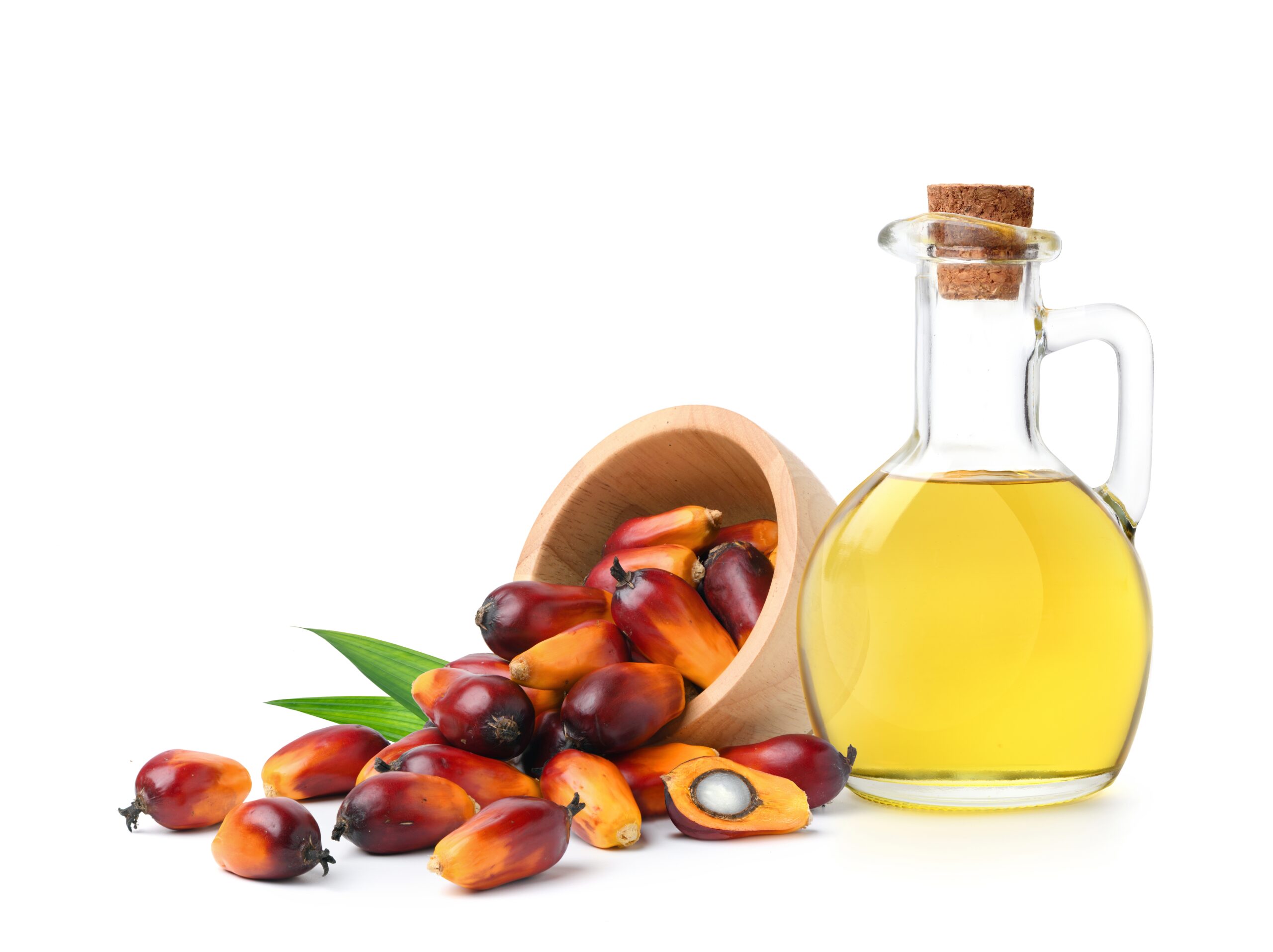
Palm oil is frequently used in processed foods and snacks, but its health implications are concerning. It’s high in saturated fat, which can raise LDL cholesterol levels and increase the risk of heart disease. The environmental impact of palm oil production, which leads to deforestation and habitat destruction, is another reason to avoid it. Furthermore, refined palm oil can contain harmful chemicals such as 3-MCPD, a possible carcinogen. Long-term consumption has been associated with an increased risk of cardiovascular issues.
Margarine

Margarine, once touted as a healthier alternative to butter, is now recognized as a source of unhealthy trans fats. Many margarines are made using partially hydrogenated oils, which are notorious for increasing bad cholesterol (LDL) and lowering good cholesterol (HDL). Even margarine labeled as “trans fat-free” can still contain small amounts of these harmful fats. The refining process strips the oil of any beneficial nutrients and can introduce chemical residues. Consuming margarine regularly may increase the risk of heart disease, stroke, and other health complications.
Grapeseed Oil

Grapeseed oil is often marketed as a healthy, heart-friendly option due to its high levels of polyunsaturated fats. However, it’s also very high in omega-6 fatty acids, which, when not balanced with omega-3s, can promote inflammation. Grapeseed oil is extracted using chemical solvents like hexane, which may leave behind harmful residues. It has a relatively low smoke point, making it unsuitable for high-heat cooking, as it can break down and release toxins. Over time, frequent use of grapeseed oil may contribute to chronic health conditions like heart disease.
Cottonseed Oil

Cottonseed oil is often used in processed and fried foods, but it’s one of the worst oils for your health. It is high in saturated fats and omega-6 fatty acids, both of which can lead to inflammation and increased risk of chronic disease. Cotton crops are heavily treated with pesticides, and residues can remain in the oil after extraction. Moreover, the oil is often hydrogenated to increase its shelf life, which raises the trans fat content. Cottonseed oil consumption has been linked to heart disease, obesity, and metabolic disorders.
Shortening
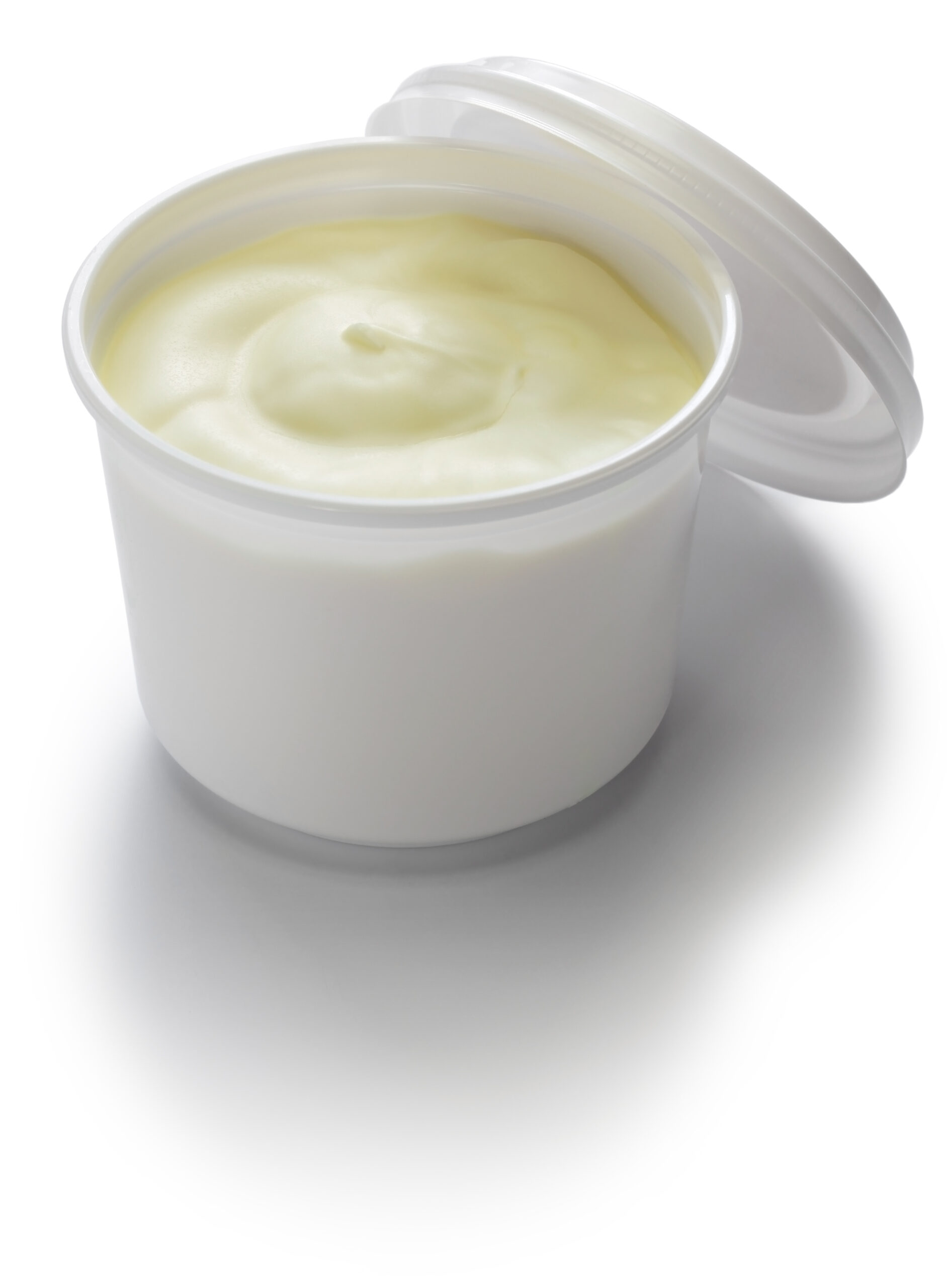
Shortening is commonly used in baking, but its health risks are significant. It’s made from partially hydrogenated oils, which are a primary source of trans fats. Trans fats are highly inflammatory and have been shown to increase the risk of heart disease, stroke, and type 2 diabetes. Although some manufacturers have started reducing trans fats in shortening, the product still contains unhealthy saturated fats. Regular use of shortening can lead to elevated cholesterol levels and increased risk of cardiovascular problems.
Peanut Oil
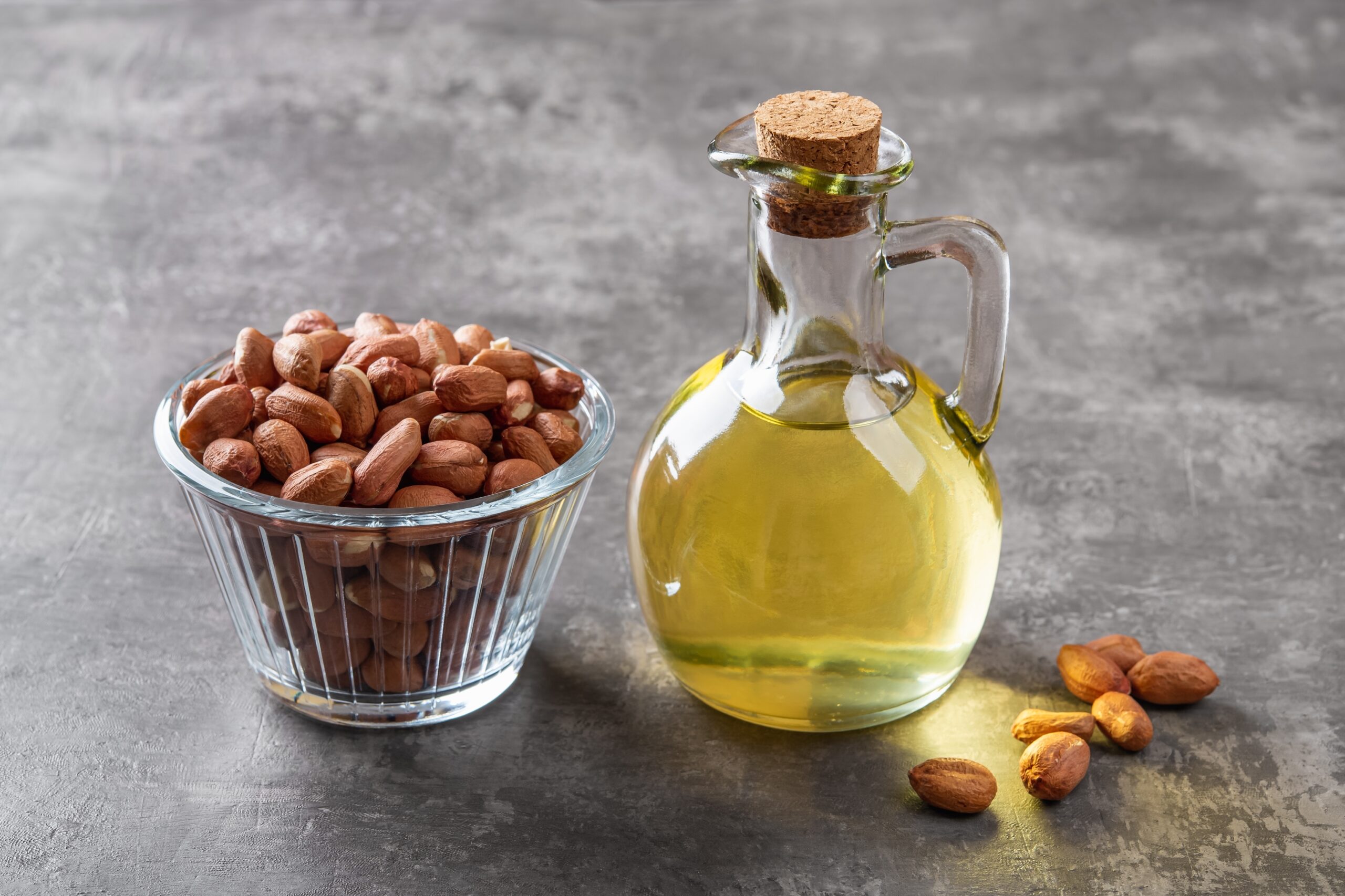
Peanut oil is popular for frying due to its high smoke point, but that doesn’t mean it’s a healthy choice. It’s high in omega-6 fatty acids, which can contribute to inflammation if not balanced with omega-3s. The oil is also prone to oxidation when exposed to heat, releasing free radicals that can damage cells and tissues. Some peanut oils are processed with chemical solvents, leaving behind harmful residues. Consuming peanut oil regularly can increase the risk of developing heart disease and other inflammatory conditions.
Safflower Oil

Safflower oil may seem like a healthy option due to its high unsaturated fat content, but it’s not as heart-friendly as it appears. Like other oils high in omega-6 fatty acids, safflower oil can promote inflammation when consumed in large quantities. It’s also highly refined, which means it has been stripped of beneficial nutrients and may contain harmful trans fats. When used in high-heat cooking, safflower oil can break down and release toxic compounds. Frequent consumption has been linked to an increased risk of cardiovascular disease and obesity.
Rice Bran Oil
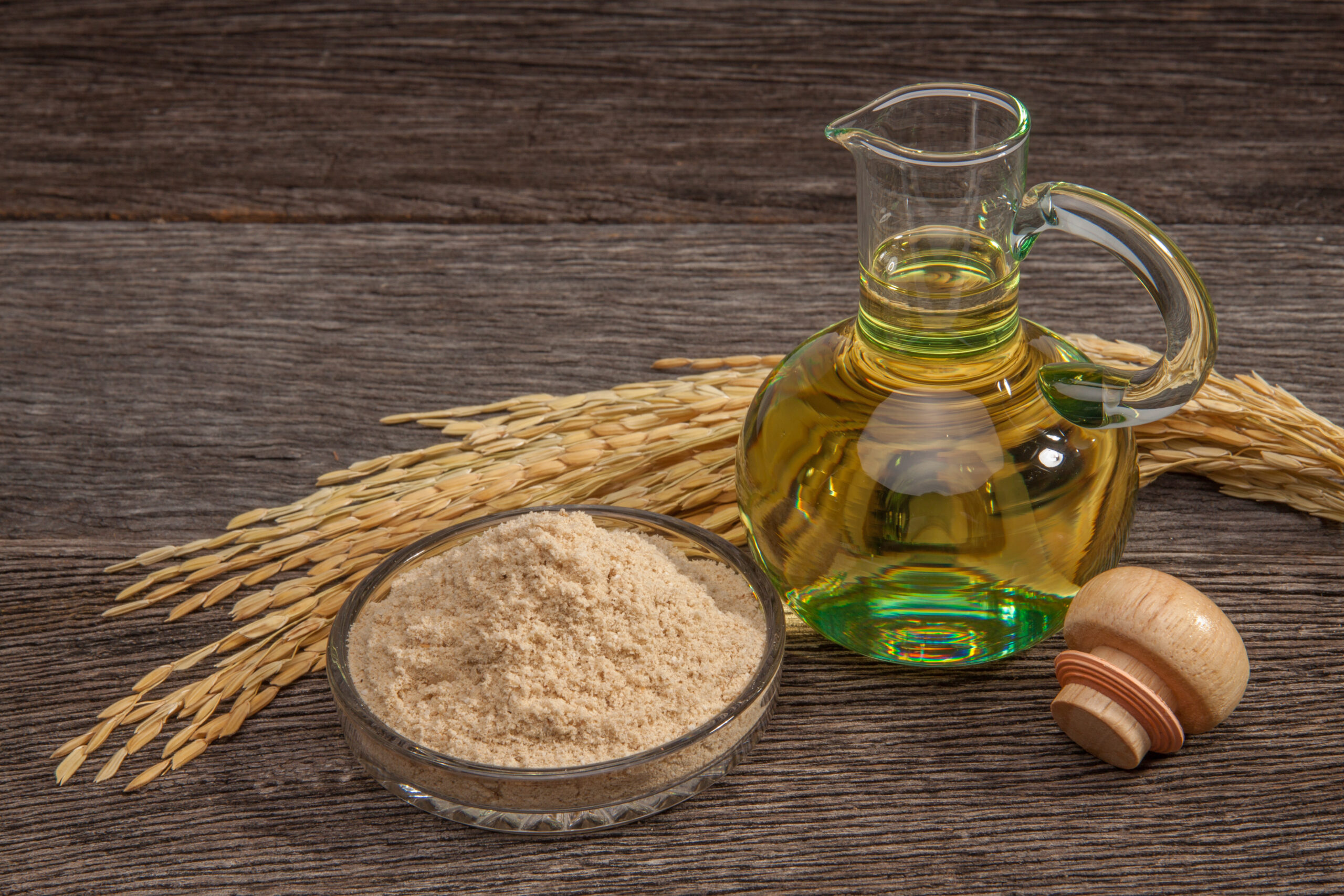
Rice bran oil is often marketed as a healthy oil due to its high levels of vitamin E and antioxidants. However, it’s also high in omega-6 fatty acids, which can promote inflammation if consumed excessively. The refining process can introduce harmful trans fats and strip away beneficial nutrients. Additionally, rice bran oil may contain traces of arsenic, a toxic element found in rice crops. Long-term consumption of rice bran oil can contribute to an imbalance in fatty acid ratios and increase the risk of heart disease.
Lard

Lard, or rendered pork fat, is high in saturated fat, which can increase LDL cholesterol and the risk of heart disease. While it’s a traditional cooking fat in many cultures, modern dietary recommendations suggest limiting saturated fat intake. Lard is also prone to oxidation, which can release harmful free radicals when exposed to high heat. Its high-calorie content can contribute to weight gain and obesity if consumed frequently. Using lard as a regular cooking oil may lead to long-term health complications like heart disease and high blood pressure.
Butter

Butter, while a favorite in many recipes, is high in saturated fat, which can raise cholesterol levels and increase the risk of cardiovascular disease. Although it’s a natural fat, using it frequently can contribute to clogged arteries and weight gain. Butter also contains lactose, which can be problematic for those with lactose intolerance. Cooking with butter at high temperatures can cause it to burn, releasing harmful compounds like acrylamide. While moderate consumption may not be harmful, frequent use can contribute to long-term health issues.
This article originally appeared on RetailShout.
More From RetailShout
14 Creative and Healthy Lunches Your Kids Will Look Forward To

Making sure your kids have healthy lunches is important for their growth and energy throughout the day. Here are 15 great options that are not only nutritious but also delicious and easy to prepare. Read More.
15 Superfood Powders to Add to Your Smoothies
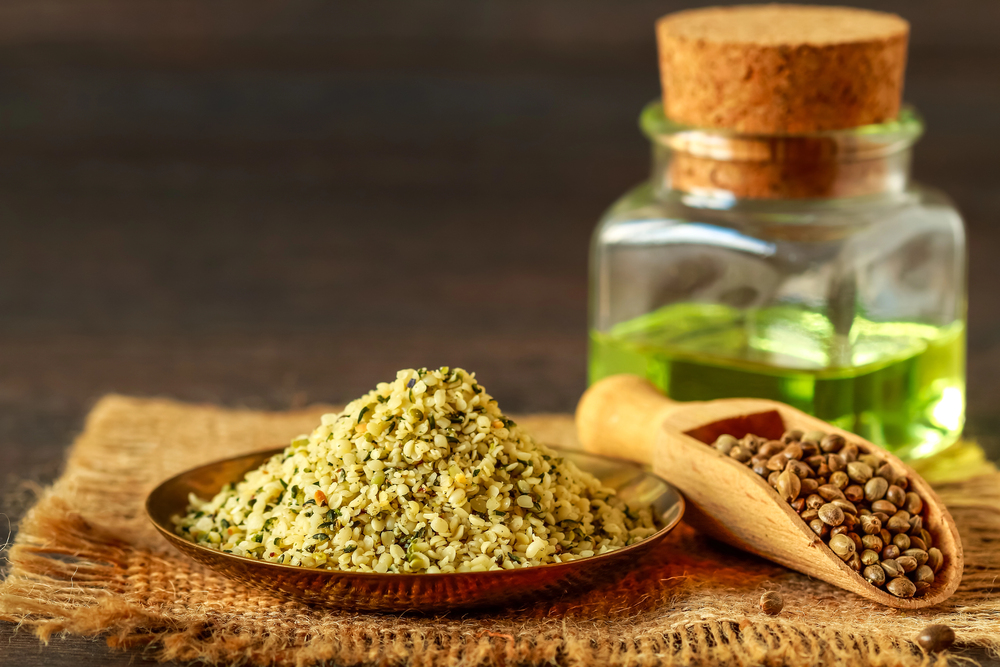
Adding superfood powders to your smoothies is an easy way to boost their nutrition without much effort. These nutrient-dense powders pack a punch, offering everything from antioxidants to vitamins and minerals. Read More.
14 Iced Tea Brands That Stand Out from the Rest
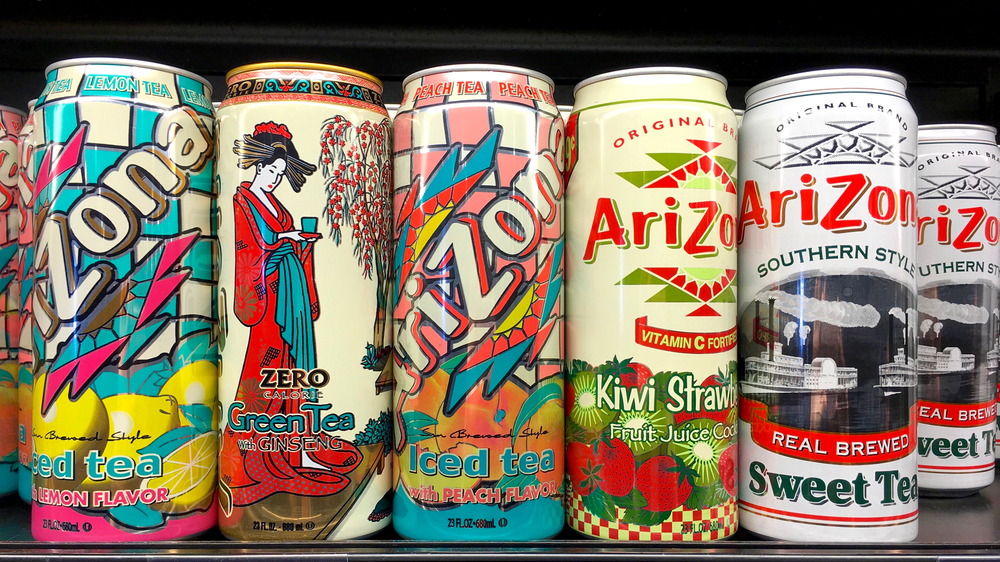
Iced tea is a refreshing and delicious drink, perfect for any time of the year. Whether you like it sweet, unsweetened, or flavored, there’s an iced tea brand out there that will suit your taste. Read More.






